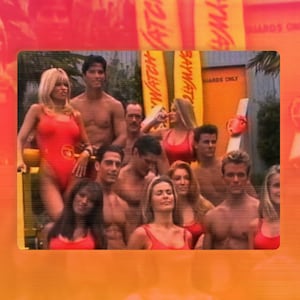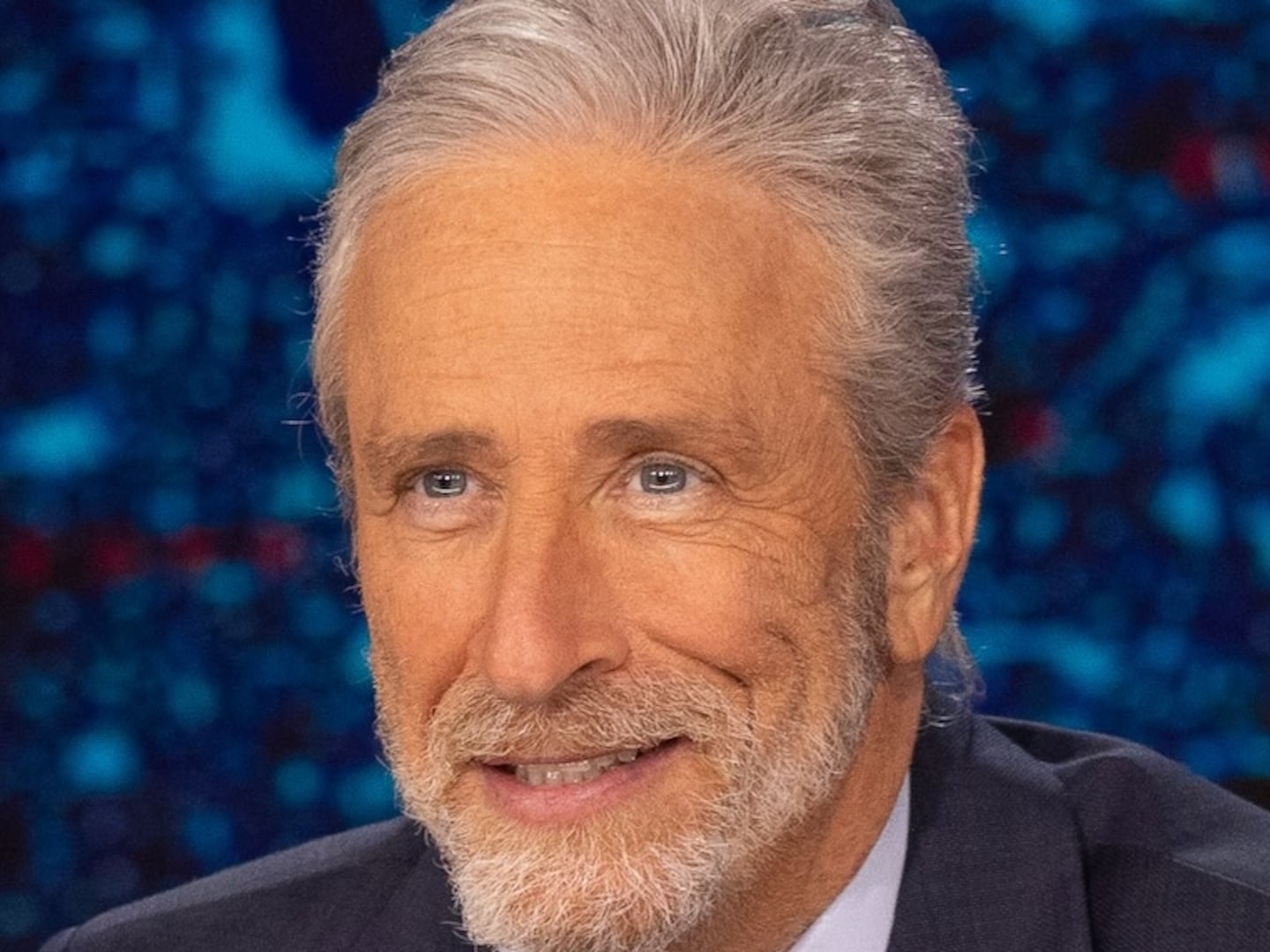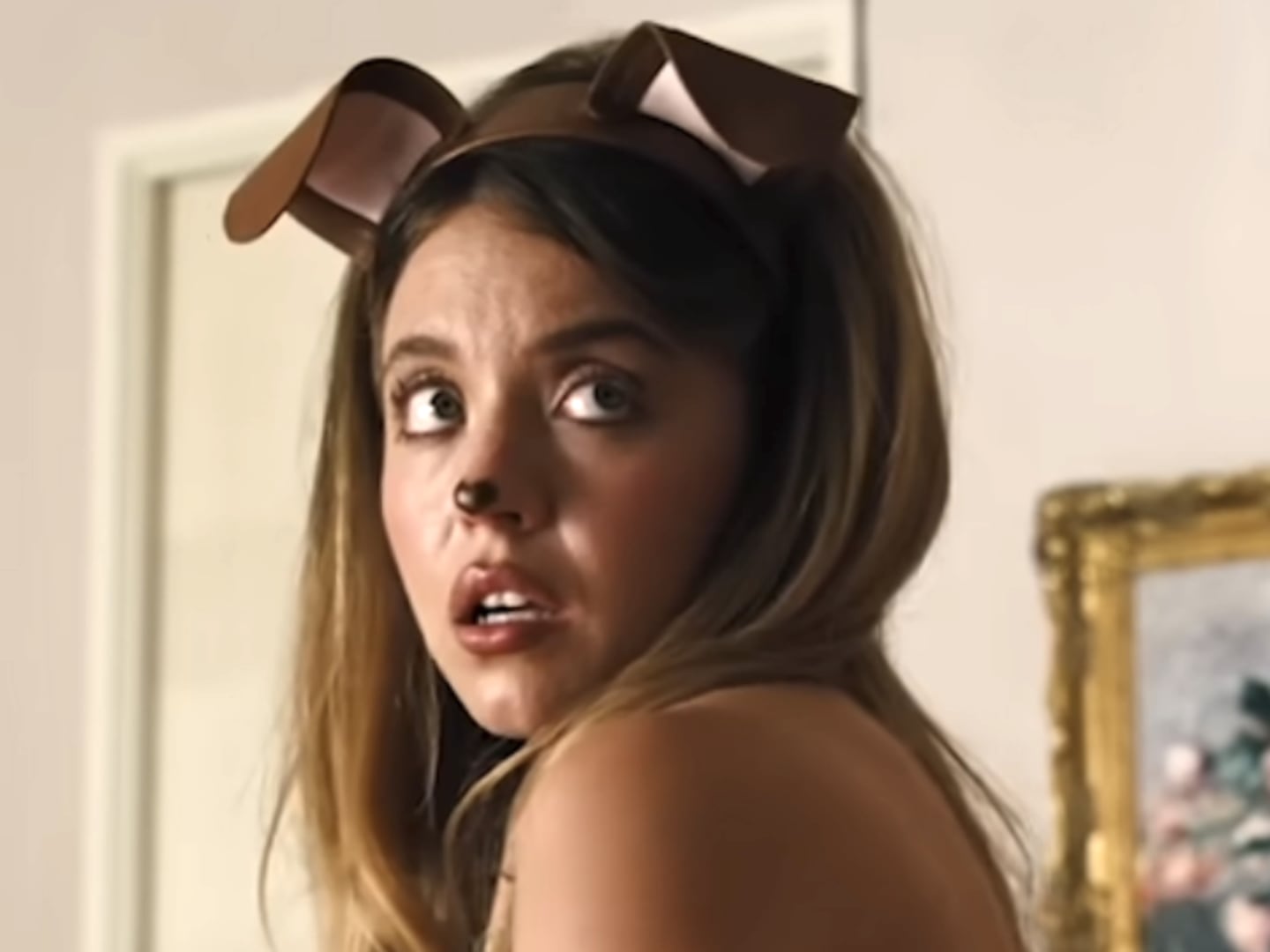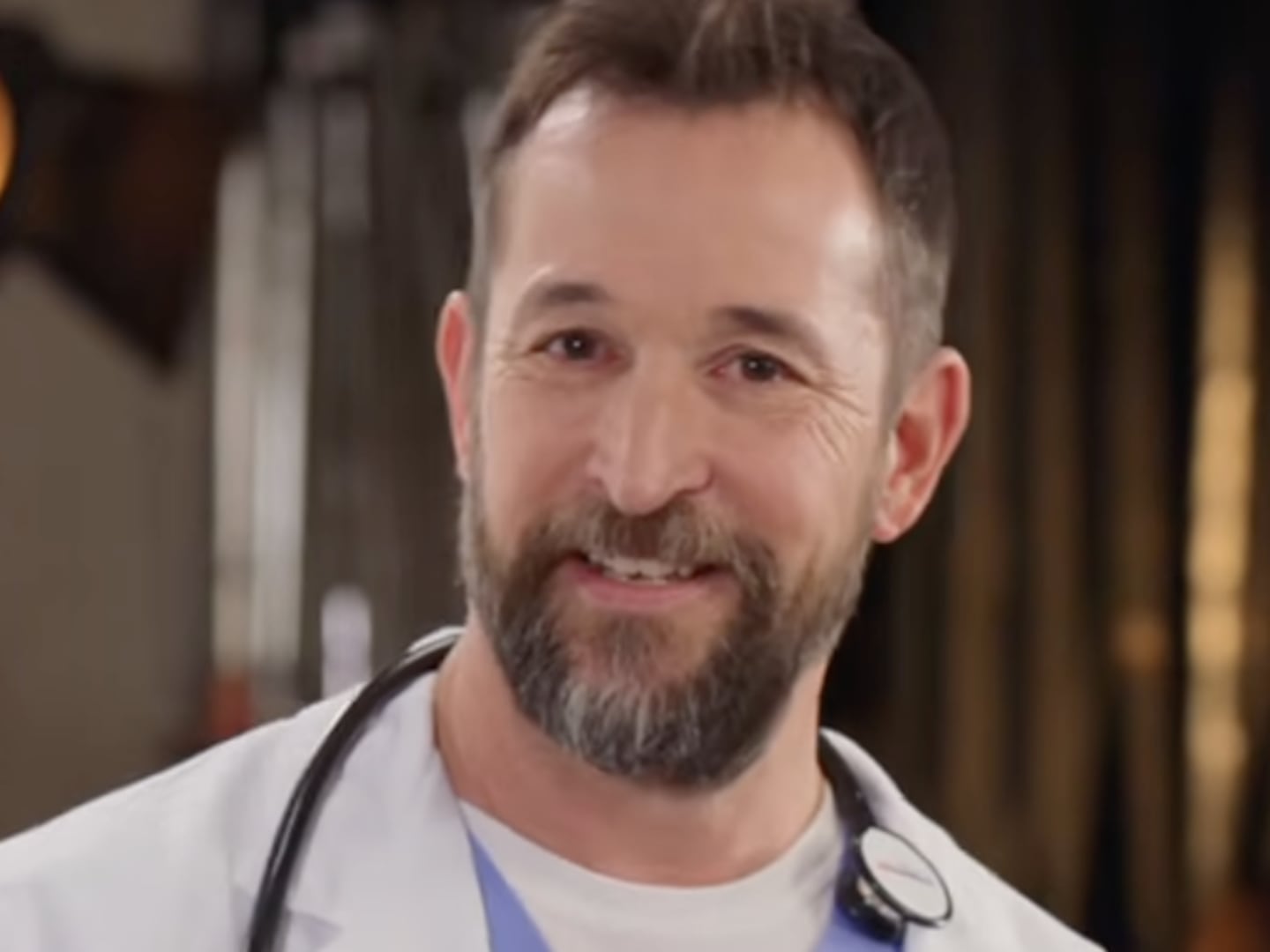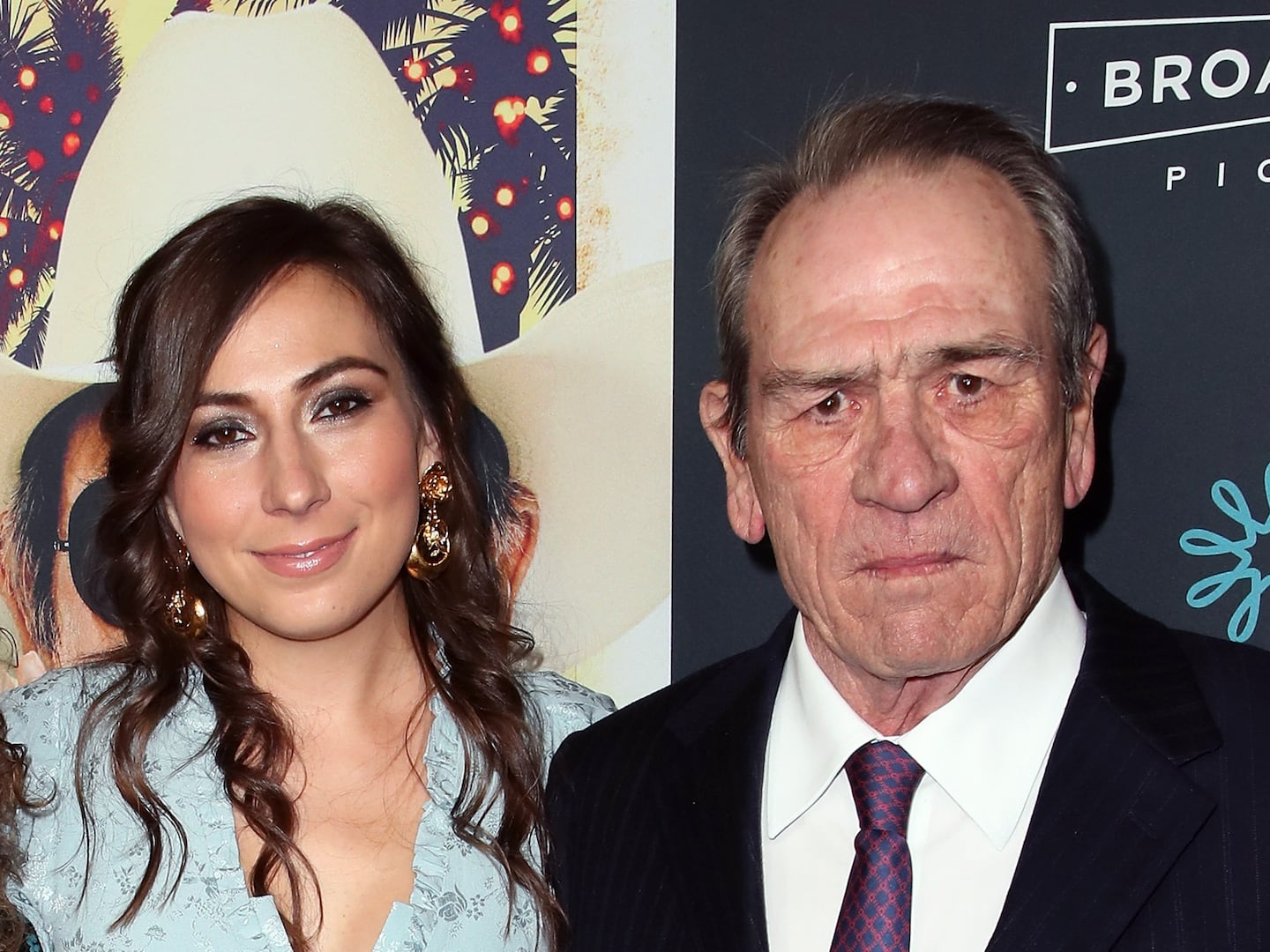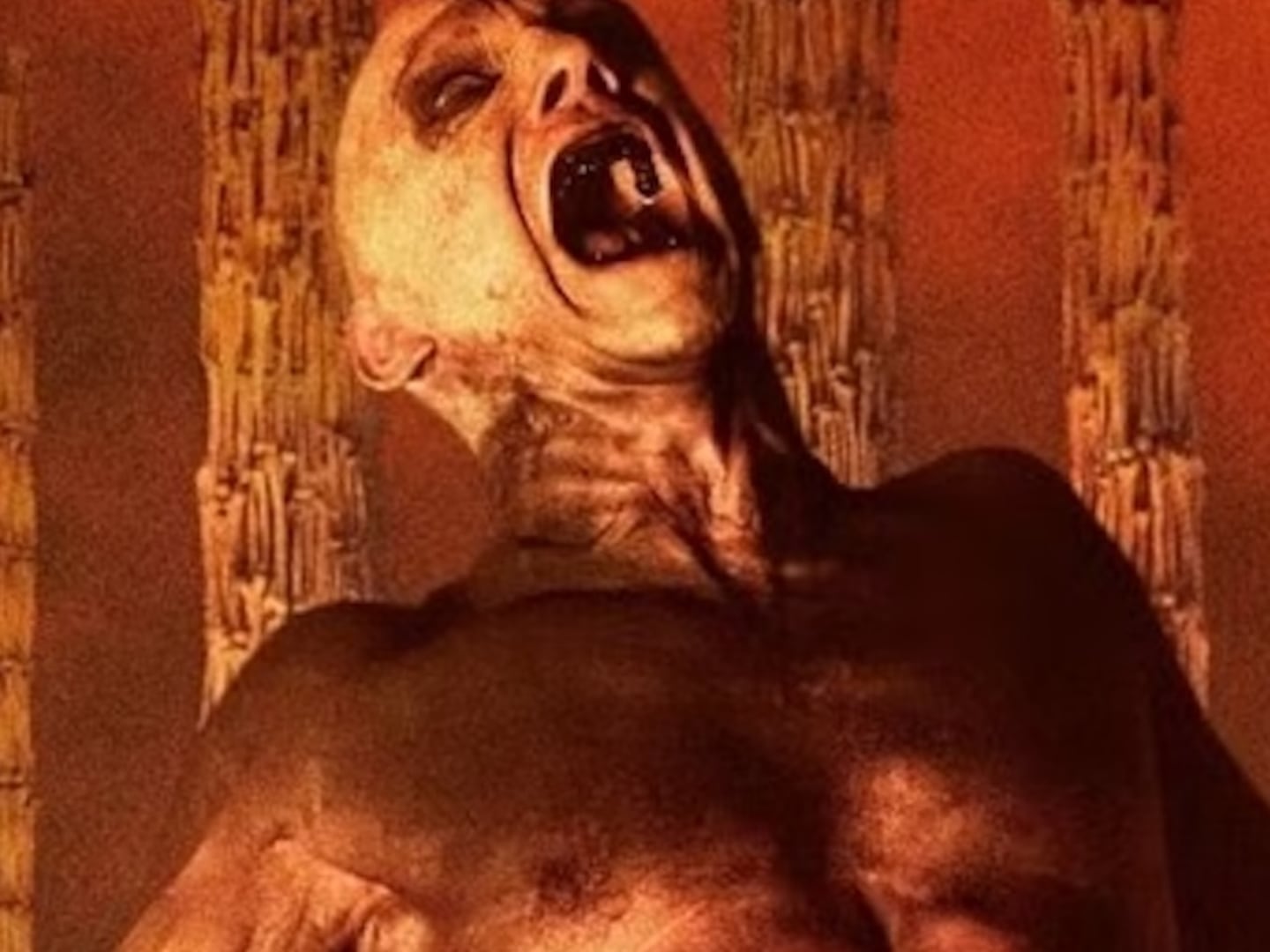VENICE, Italy—Set long after the events of the 1988 film, Beetlejuice Beetlejuice finds Lydia Deetz (Winona Ryder) now working as a television host of Ghost House, a paranormal home show that finds her helping couples rid their homes of ghosts. Her teenage daughter Astrid (Jenna Ortega) barely talks to her after the death of her father. But it’s not all bad: Lydia’s in a relationship with Rory (Justin Theroux), the show’s producer, and her life seems to be going smoothly.
That is until she starts to see visions of Betelgeuse (Michael Keaton) again. Things are complicated further when Lydia’s stepmother Delia (a delightful Catherine O’Hara) informs her that her father was killed in a plane crash.
This brings Lydia, Astrid, Rory, and Delia back to their family home on the hill in Wind River where much of the first Beetlejuice took place. The preceding events feel more like convenient narrative machinations to remind us that this is indeed a sequel than important details to the plot. Thankfully, after a clumsy first act, Beetlejuice Beetlejuice isn’t too invested in what came before, delivering enough respect for the OG to satisfy nostalgists while moving into its own world.
But don’t forget about that Betelgeuse—he has problems of his own. He’s still pining after Lydia, but his ex-wife Delores (Monica Bellucci) has put herself back together (literally) and is determined to get her love back. But Betelgeuse doesn’t want her. Still, she’s a soul sucker, a powerful demon that can eliminate someone in the blink of an eye, and her power is so strong it takes them out of the afterlife for good. Bellucci is spellbinding in this. She has just a few lines of dialogue, but her mere screen presence is enchanting.

Jenna Ortega and Winona Ryder
Warner Bros.Beetlejuice is best remembered for its distinct and eye-popping style, memorable characters, and music (even if you didn’t like the original, it reminded the world how terrific Harry Belafonte’s “Jump in the Line (Shake, Senora)” is). It’s the kind of movie that showcases what Tim Burton does so well—creating unforgettable fantasy worlds that straddle reality. While Beetlejuice Beetlejuice doesn’t quite capture the irresistible magic of the original, it’s full of stylistic wonder and fun characters.
Aesthetics have always been essential to Tim Burton movies, and Beetlejuice Beetlejuice maintains the visually adventurous spirit of the original. The afterlife is hauntingly detailed with uneven hallways that evoke early German expressionism and gruesome characters everywhere you look. The makeup and visual effects are exquisite, with some terrific gags that are the film’s best moments. There are also a few key sequences that flip the film on its head, including a stop-motion moment that details the death of Lydia’s father, and a black-and-white monologue from Betelgeuse delivered in Italian that evokes gothic horror movies.
In true sequel style, Beetlejuice Beetlejuice features some of the great characters you remember, and a host of quirky new ones too, including Wolf Jackson (Willem Dafoe), an actor who can’t stop playing a cop in the afterlife, and Danny DeVito as a grumbling janitor. Needle drops are smartly used for comic effect, including an especially funny funeral sequence that recalls the original film’s hefty use of Belafonte music.
Much of the humor maintains a strong blend of charming slapstick and macabre that made Beetlejuice memorable, but there’s more of an investment into a family drama that doesn’t meet the energy that the afterlife world delivers. This is where the sequel falters. It’s all overly familiar territory—a child is disconnected from one parent after the death of another—and the emotional moments feel rushed so the film can return to slapsticky fun. Lydia herself is written as a disappointingly thin character in this sequel, and despite a game effort from Ryder, she is reduced to reacting uncomfortably rather than doing much until the final act.

Michael Keaton and Winona Ryder
Warner Bros.The script by Wednesday creators Alfred Gough and Miles Millar over-commits to the rote human world when the afterlife remains far more enticing. The movie sometimes feels like it’s trying to be Wednesday, with Ortega’s character also being at boarding school and outcast by her peers. The titular bio-exorcist takes a back seat to the living characters this time, and Keaton’s given a lot less to do as the menacing maniac. He has a couple of fun moments, but he’s overshadowed by a plot that’s more interested in reality than fantasy. By the time the fantasy fully takes over, it’s so rushed that it leaves you wishing the writers would have committed to the madness a lot earlier.
When it steps back from reality and plumbs the depths of the afterlife, Beetlejuice Beetlejuice is a lot of fun. The final 10 minutes are tremendous (and tremendously ridiculous) while finally giving Betelgeuse his due, and Burton finds a pitch-perfect ’60s song to resurrect in glorious effect. Beetlejuice Beetlejuice possesses a lot of what has made the original movie a bonafide classic, even if the script forgets that too often.



